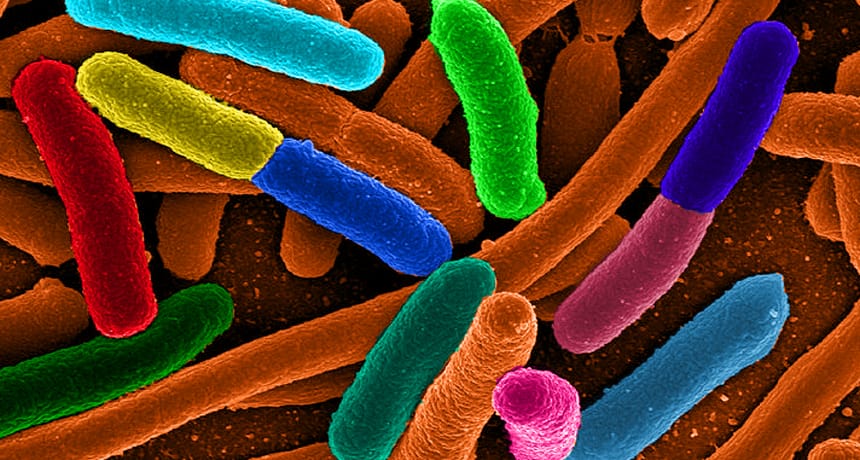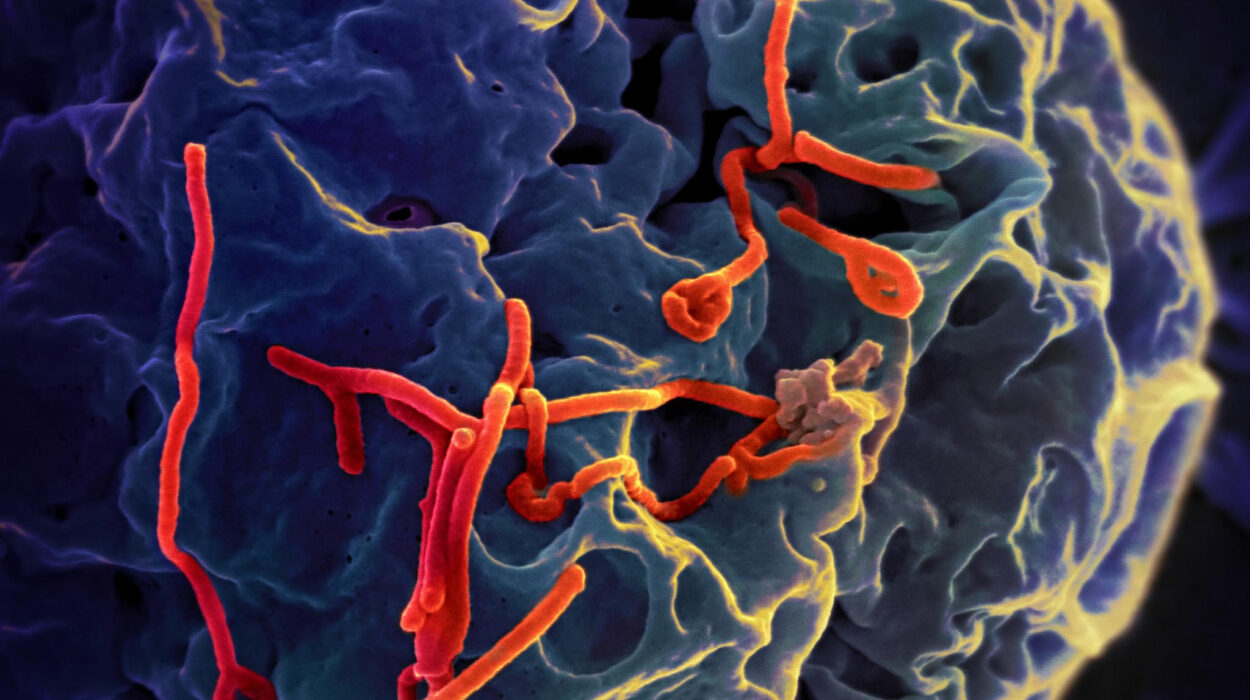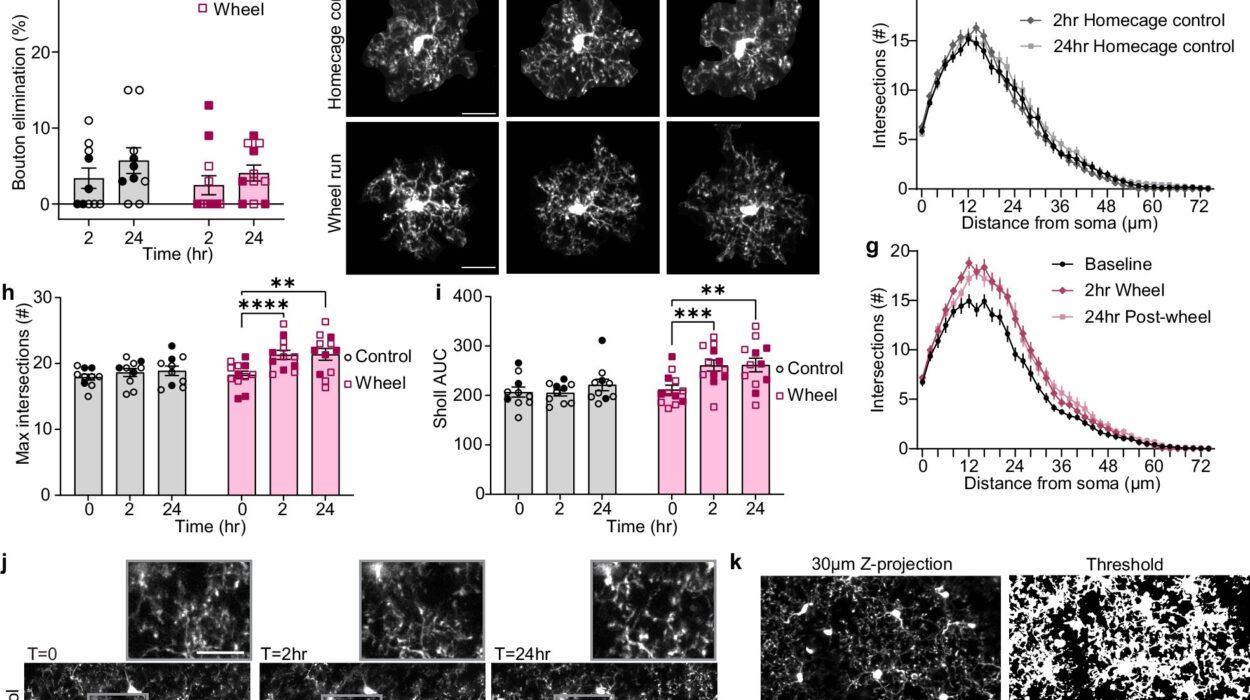Alcohol has been part of human culture for thousands of years, woven into celebrations, rituals, and social life. Yet, beneath the surface of this cultural acceptance lies a sobering reality. Excessive and uncontrolled drinking can spiral into alcohol use disorder, a condition that grips millions of people worldwide. For those affected, alcohol is no longer a casual indulgence but a relentless force that shapes their lives, damages relationships, and erodes health.
The toll of alcohol use disorder reaches far beyond intoxication. It is strongly linked to depression, anxiety, and other mental health conditions. It wreaks havoc on the liver, increases the risk of cardiovascular disease, and leaves people vulnerable to a cascade of health complications. Despite the availability of treatment programs—ranging from counseling to medication—not all patients respond to existing approaches. Many relapse, caught in cycles of hope and despair. The search for more effective treatments has therefore become a crucial frontier in medical science.
The Unexpected Role of Gut Hormones
In recent years, researchers have been exploring an unlikely avenue: the gut. Specifically, hormones like glucagon-like peptide-1 (GLP-1) and glucose-dependent insulinotropic polypeptide (GIP), which regulate appetite, metabolism, and blood sugar. These hormones are already central to treatments for diabetes and obesity, where medications that mimic or enhance their effects help people manage weight and glucose levels.
But what if these same hormones could also affect addictive behaviors? Emerging evidence suggests that GLP-1 and GIP do more than regulate metabolism—they may also influence cravings, reward pathways, and even alcohol consumption. This fascinating connection opens the door to the possibility that drugs currently prescribed for diabetes and obesity could be repurposed to treat alcohol use disorder.
A Large-Scale Genetic Investigation
A team of researchers at the National Institute on Alcohol Abuse and Alcoholism in the United States set out to test this hypothesis in a rigorous way. Rather than beginning with small-scale clinical trials, they turned to genetic data from hundreds of thousands of people. Their work, recently published in Molecular Psychiatry, harnessed a method called Mendelian randomization. This approach uses naturally occurring genetic variations as proxies to study the long-term effects of biological processes—offering a powerful way to uncover causal links that might otherwise remain hidden.
The team analyzed data from two massive resources: the UK Biobank and the Million Veterans Program dataset. Together, these databases contain genetic and health information from diverse populations, making them invaluable for studying complex conditions like alcohol use disorder.
By focusing on genetic variants that influence GLP-1 and GIP activity, the researchers could approximate how people’s natural biology affects their alcohol consumption and liver health.
What the Data Revealed
The findings were striking. Individuals with genetic variants linked to lower body mass index through GLP1R and GIPR pathways—essentially, genes that mirror the appetite-suppressing effects of GLP-1 and GIP—were also less likely to engage in binge drinking. These genetic patterns pointed to a consistent, measurable reduction in alcohol intake.
Moreover, the same genetic signatures were associated with lower risks of alcohol-related health problems. People with these variants showed reduced likelihood of heavy drinking when psychiatric conditions were present, and they had healthier liver profiles, including lower markers of liver disease and inflammation.
Intriguingly, the effects seemed specific to alcohol. The study did not find strong evidence that GLP-1 and GIP pathways were linked to tobacco, cannabis, or opioid use. This suggests that the influence of these hormones is not simply a general dampening of addictive behavior but may target particular metabolic and neurological processes tied to alcohol.
The research also revealed a curious link between these hormones and food preferences. Variants that reduced alcohol consumption also correlated with a decreased preference for fatty foods and an increased liking for vegetarian or lean options. This suggests that GLP-1 and GIP are deeply involved in regulating cravings and reward responses—whether for food or alcohol.
The Promise of a New Treatment Approach
The implications are profound. If gut hormone pathways can influence both appetite and alcohol consumption, then drugs designed to act on these receptors may offer a new strategy for treating alcohol use disorder. Medications that already exist—such as GLP-1 receptor agonists widely used for diabetes and obesity—might be repurposed to help people reduce drinking.
These drugs could potentially achieve something current treatments struggle with: targeting both the metabolic and neurological dimensions of alcohol use disorder. Alcohol does not just hijack the brain’s reward circuits; it also disrupts metabolism and damages vital organs like the liver. A therapy that addresses both sides of this condition could transform recovery outcomes.
Cautious Optimism and the Road Ahead
Of course, the path from genetic data to clinical treatment is long. The study did not test the direct effects of GLP-1 or GIP drugs on alcohol consumption—it inferred their potential based on genetics. The next steps will require carefully designed clinical trials to confirm whether these medications can indeed reduce drinking in real-world settings.
There are also important questions to answer. Will such treatments work for all patients, or only for those with certain genetic backgrounds? Will they be most effective for people with co-occurring obesity or diabetes, or will they help a wider population? What side effects might emerge when using these drugs specifically for alcohol use disorder?
Despite these uncertainties, the findings represent a major step forward. They highlight a fresh avenue of research that could complement existing therapies, offering hope to millions of people for whom traditional treatments have not been enough.
A Broader Perspective on Addiction and Health
This research also underscores a larger truth: the boundaries between physical and mental health are porous. Addiction is not simply a matter of willpower or behavior. It is deeply tied to biology, metabolism, genetics, and the brain’s intricate reward systems. By recognizing this complexity, science moves us closer to treatments that respect the whole person—body and mind together.
Alcohol use disorder remains a devastating condition, but the growing evidence around gut hormones reminds us that solutions can come from unexpected places. Just as insulin transformed the treatment of diabetes, so too might GLP-1 and GIP therapies reshape the future of addiction medicine.
A Glimpse of Hope
For individuals and families struggling with alcohol’s grip, the possibility of new treatment options brings a glimmer of hope. Addiction often feels like an endless cycle of craving, relapse, and despair. But science, in its patient and relentless way, continues to reveal pathways forward.
The gut, long thought of as merely a digestive system, now emerges as a powerful partner in the fight against addiction. With further research, it may become the foundation of therapies that not only ease suffering but restore lives.
In the end, this is what makes science so deeply human. Behind every data point is a person hoping for relief, a family yearning for healing. And with discoveries like these, we move closer to turning that hope into reality.
More information: Joshua Reitz et al, Genetically modeled GLP1R and GIPR agonism reduce binge drinking and alcohol-associated phenotypes: a multi-ancestry drug-target Mendelian randomization study, Molecular Psychiatry (2025). DOI: 10.1038/s41380-025-03199-3.






